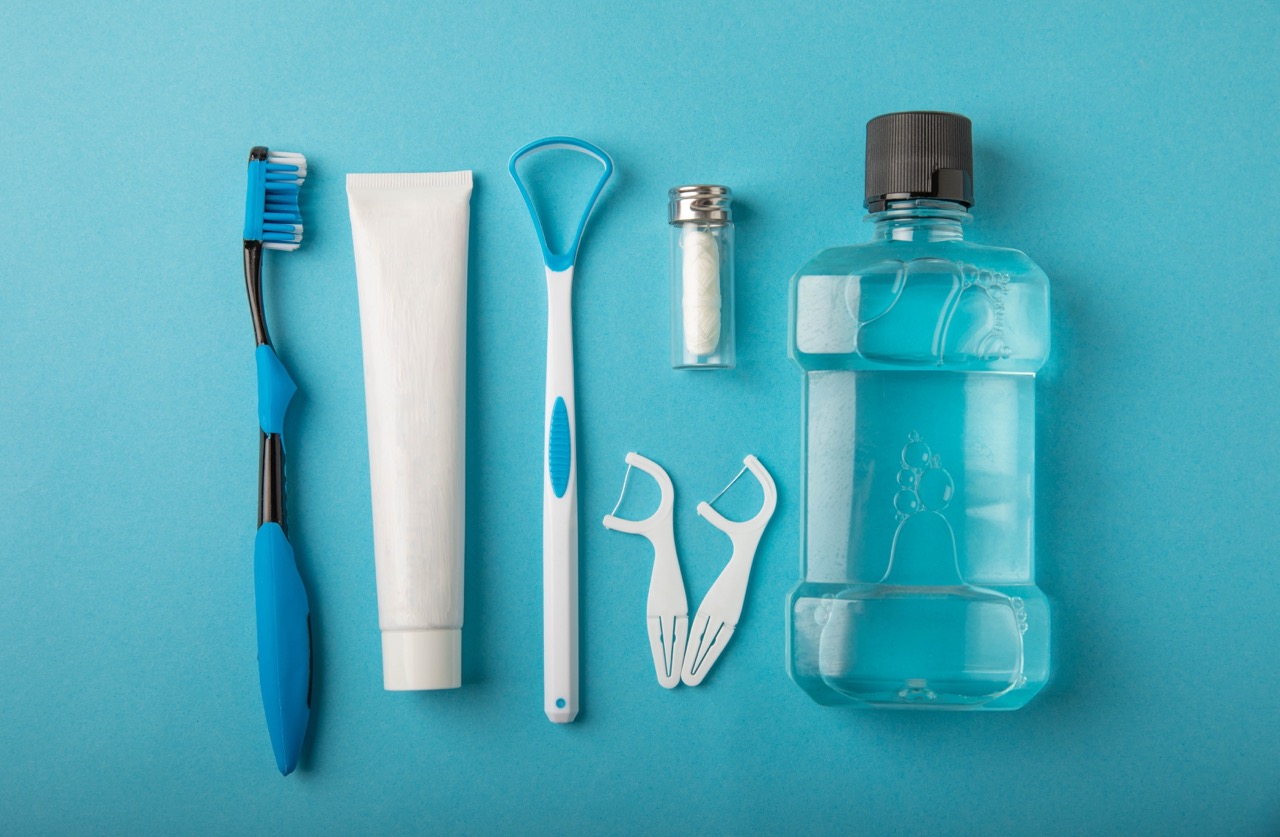Information Library
Start Reading

We all know having good oral health means a bright smile, fresh breath, and fewer cavities. But did you know that good oral health has more benefits than that? Research has shown a strong connection between oral health and overall health. Poor oral hygiene can lead to various health problems, including heart disease, diabetes, and respiratory issues. In this article, we’ll explore the problems you can experience when oral health is neglected and what you can do to help ensure a positive impact on your smile and health.
Good oral health means taking care of your gums, tongue, and overall mouth health. When your mouth is healthy, it reduces the risk of developing cavities, gum disease, tooth loss, bad breath, and other oral health problems. But aside from cavities and other oral complications, can bad oral hygiene cause health problems? Yes.
Poor oral hygiene may not wash away harmful bacteria in your mouth. Instead, they can grow, enter your bloodstream, and travel to other parts of your body. This spread can trigger inflammation and infections elsewhere, potentially leading to serious health issues.
 The link between oral health and overall health has been well-documented in recent years. Studies have shown that poor oral hygiene can lead to an increased risk of developing conditions such as:
The link between oral health and overall health has been well-documented in recent years. Studies have shown that poor oral hygiene can lead to an increased risk of developing conditions such as:
 Fortunately, following a proper oral care routine can help you maintain good oral health and prevent potential health problems.
Fortunately, following a proper oral care routine can help you maintain good oral health and prevent potential health problems.
1. Brush your teeth with fluoride toothpaste. Also, brush or scrape your tongue.
2. Floss daily to help remove food particles and plaque from between your teeth that a toothbrush can’t reach.
3. Rinse with an antibacterial mouthwash daily.
4. Visit your dentist for regular checkups and cleanings to catch any potential issues early.
5. Eat a well-balanced diet that is low in sugar and high in fruits.
6. Avoid tobacco products.
Following these oral hygiene steps will not only positively impact your oral health but can also help reduce its effect on your overall health and the risk of developing other serious complications.
At Penn Dental Medicine, we know a healthy mouth equals a healthier you. Taking care of your mouth can reduce the risk of developing serious health problems and improve your quality of life.
Don’t wait until it’s too late. Make an appointment for one of our patient-focused exams and let us help you with the tools to start implementing good oral hygiene habits today for a happier and healthier tomorrow. Just call 215-898-8965 or complete this form.